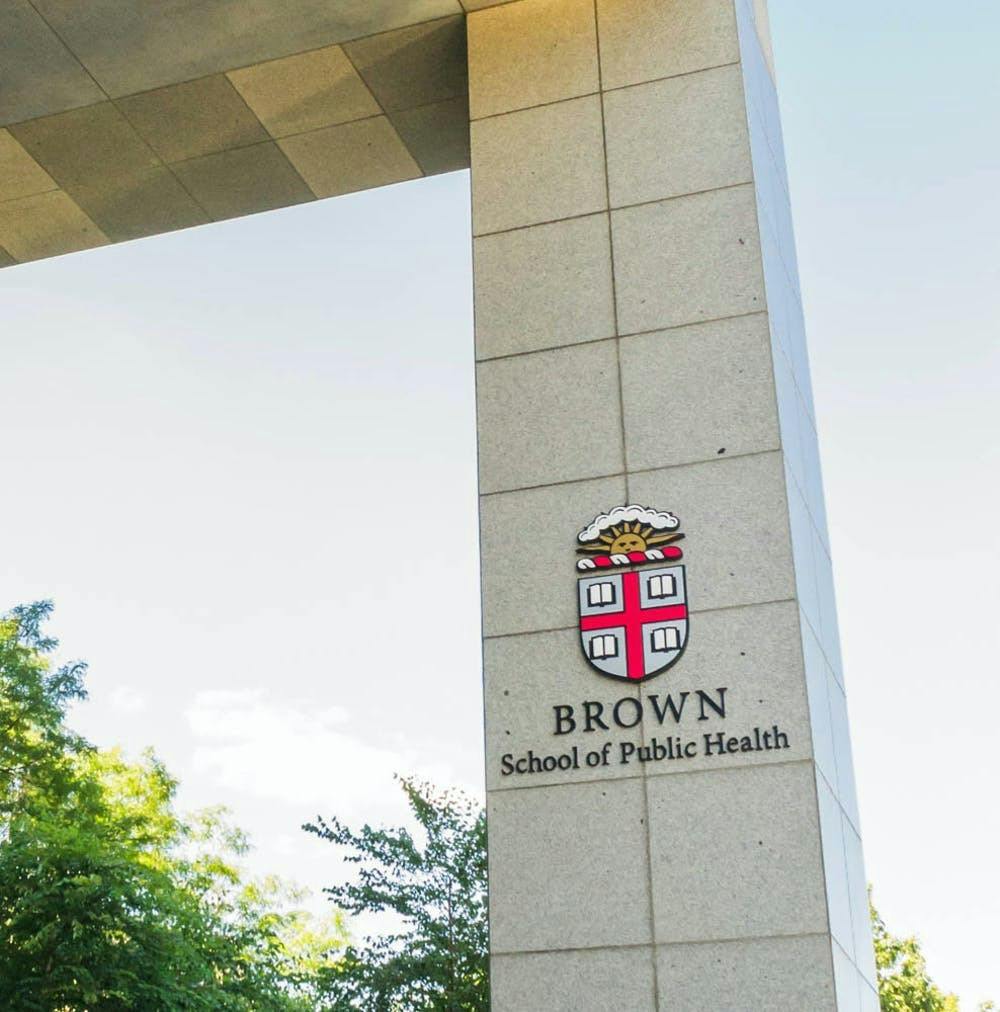At the School of Public Health’s panel discussion “Will climate change cause the next pandemic?” on Monday, University experts discussed the health impacts of climate change as well as work being done at the University to understand and minimize associated risks.
The discussion was the first seminar in the Climate & Health series hosted by SPH, which aims to address how “climate change is influencing global patterns of infectious disease and why that is a risk for future pandemics,” according to the University’s website.
SPH Deputy Dean Megan Ranney MPH ’10 opened Monday’s event by discussing how “we have to act proactively and preventatively” to mitigate both climate change and the health risks associated with it.
The discussion included three panelists: Craig Spencer, associate professor of the practice of health services, policy and practice, Jennifer Nuzzo, director of the Pandemic Center and professor of epidemiology and Rachel Baker, assistant professor of epidemiology and environment and society.
Panelists discussed how climate change research at the University and work being done at the Pandemic Center can help minimize the impacts of the climate crisis on human health.
Spencer, who moderated the discussion, reflected on his own experience with climate change on Lake Chad in Africa, where he has worked as a field epidemiologist. He emphasized how “people have had to alter their ways” to cope with the changing climate.
“Climate change isn’t just a future battle,” Spencer said. It is “the biggest threat facing humanity.”
Spencer asked Nuzzo and Baker to consider how lessons from the COVID-19 pandemic can guide society’s response to future pandemics and climate change action.
Nuzzo highlighted the importance of building “resiliency and access” in terms of public health preparedness. She recognized that emergencies, such as the pandemic or climate-related crises, are not “limited episodic events” but rather consistent hazards today. Creating infrastructure based on reliability and readiness can make these hazards easier to handle, she explained.
Spencer added that current resiliency planning is “focused on primarily privileged populations,” adding that environmental racism, or the “disproportionate impact of environmental hazards on people of color,” can mean exclusion from this planning.
According to Spencer, communities of color are often intentionally placed by sites where there are negative “social determinants of health.”
Baker also recognized how factors such as environmental racism play into human health, noting how rapid urbanization has “impacted infectious disease risk, especially for pathogen emergence.”
Baker specifically also mentioned that with growing urban populations, there is a need for increased agricultural production. But, with more densely packed agriculture, farms can become a hotbed for pathogen spread.
“We have intense agricultural environments to grow the livestock that we need to feed this growing population,” Baker said. “This is a good environment for pathogens to spread and potentially evolve over time into the zoonotic risks.” According to the CDC, zoonotic diseases result from the exchange of germs between animals and people.
Nuzzo spoke about the importance of encouraging the public to take collective action based on feasible and unified perspectives. “You cannot do public health without sufficient community engagement,” Nuzzo said. “You need to build those relationships.”
The end of the seminar was open to questions. Participants spoke about climate change becoming part of the public health curriculum and also expressed concerns regarding effectively addressing problems that exist on long time horizons.
Nuzzo said it is crucial to understand “how (climate change) will affect society and how all of the pieces fit together.”
The next panel discussions in the series will take place on March 13 and April 19 at the SPH and on Zoom.





